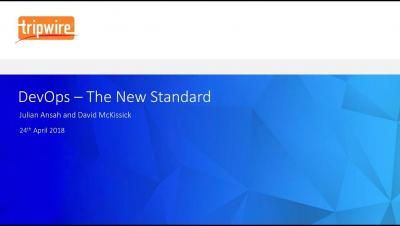2 Strategies to Tighten Your Cloud Security
Creating a thorough and effective security program is difficult enough when your data is stored on-premises. But most organizations and agencies straddle hybridized on-prem and cloud environments—or they’re cloud-native entirely. This complicates the role of cybersecurity teams who now need tools that can traverse multiple environments without missing a beat.





